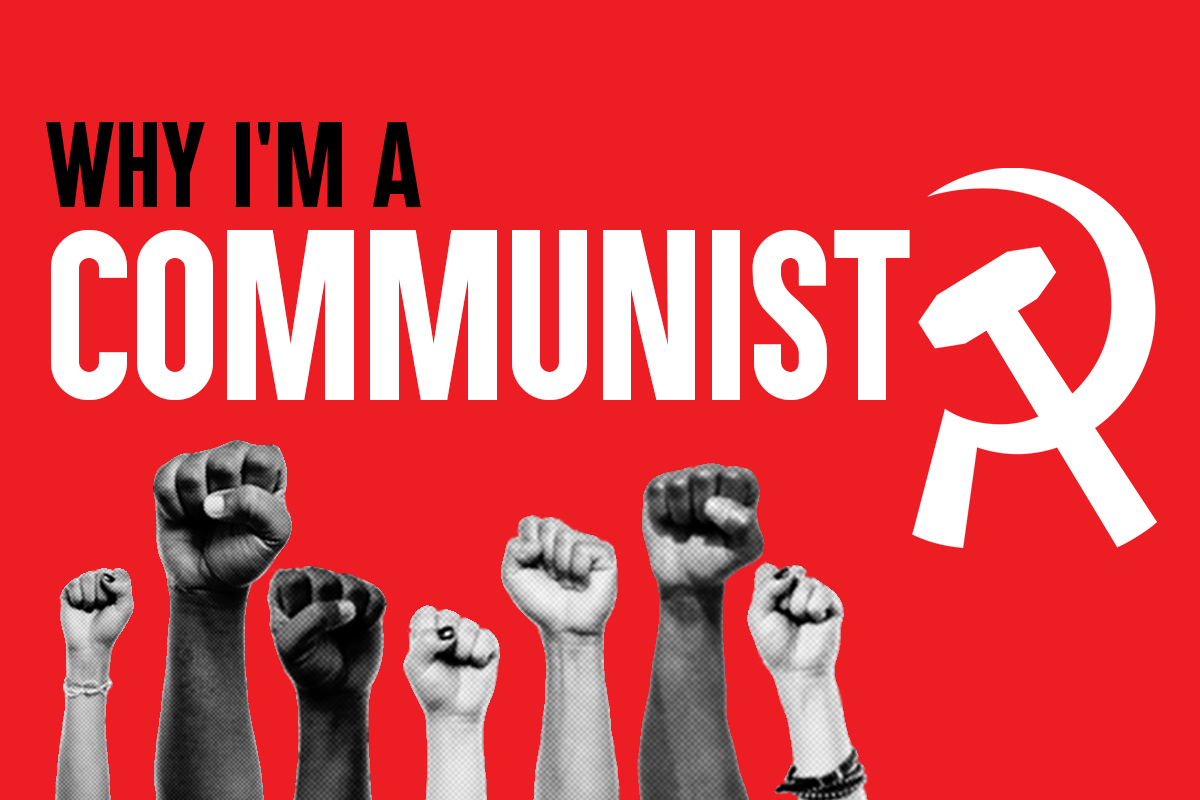
The decay of capitalism is making itself felt more sharply every day. This has led to a growing radicalization of workers and youth with millions rejecting the system. According to a recent poll, one million Canadian youth want communism. Fightback, the Canadian section of the International Marxist Tendency has launched a campaign titled “Are you a Communist” with the aim of organizing this growing layer of communists in Canada. As part of this campaign, we are opening the pages of our magazine to ask the question: why are you a communist?
If you are one of these hundreds of thousands of communists in Canada and would like to explain to our readers why you are a communist, you can make a submission of no longer than 500 words to our editorial board at eb@marxist.ca.
Long before I became interested in politics, I was rather pessimistic about the fate of our civilization. I saw a decline, but couldn’t put it into words. After that, my journey towards Marxist ideas was fairly quick.
It was when I became concerned about the environment that I became politicized. At first, this manifested itself simply by blaming the choices of individuals, and denouncing the decisions of governments and corporations from a moralistic point of view: I saw these people simply as bad people.
I began working in a zero-waste grocery store, and it made me feel good about myself, believing I was doing my part for the environment. Soon, however, this feeling turned into its opposite, and I realized the hypocrisy behind my way of thinking. On the one hand, zero-waste stores and organic food don’t address human exploitation, and on the other, my employer’s management choices ran counter to our “social mission”. In the end, the company was part of the capitalist economy, and despite all our noble intentions, capitalist economic interests always won out in the end. All businesses, however “organic”, in the final analysis, have to exploit workers to generate profit. While I judged people by my moral standards, I had never pointed the finger at big business, which was the source of the problem.
So I looked elsewhere for explanations, but quickly became discouraged. What the mainstream left was saying didn’t speak to me. It was too closely tied to the political establishment, stood solely on moral principles, and could only blame human nature. Even left-wing political measures didn’t appeal to me, because I understood that any reform is unsustainable under capitalism and that reformist measures necessarily lead to direct confrontation with the interests of the bosses. Left-wing leaders, that I still admired, always ended up bending to Capital, not taking the fight to the end.
My disillusionment was total, so much so that I began to turn to right-wing populist rhetoric, the only place where criticism of the political establishment could be heard. Their vision of things seemed to me to be common sense. To be honest, for me, at that time, it made a lot more sense than anything I heard on the left. It was very strange for me, because it was clear to me at the time that the problem was the capitalist system. On the other hand, I couldn’t find any consistent, coherent ideas that could have organized us to fight.
Then, a friend of mine invited me to a reading group of Fightback. The way the activists presented their analysis of the capitalist system, past struggles against the system, different currents of thought, etc., everything was presented with a rigor and accuracy I’d never heard before. A few months later, I realized that the strength of Marxist ideas lies in its philosophy: dialectical materialism. If we don’t accept this philosophy, we inevitably fall into idealistic subjectivism, postmodernism and the ideological dead-end to which these ideas lead. Through discussion and reading, I came to realize that it’s entirely possible to understand the world objectively. And that it is in fact essential if we are to overthrow this rotten system. Marxists don’t seek to understand the world according to moral principles, but to understand what lies, objectively, behind individual choices.
As Marx explains: existence determines consciousness. Our material conditions are like a breeding ground where certain ideas can germinate and others simply cannot develop in our consciousness. Just as a doctor must be objective in his analysis to save his patient, Marxists seek to understand the world objectively. On the other hand, we are by no means neutral about the outcome. For our aim is to save humanity and create the conditions for its development, which today is totally stagnant under capitalism. And that’s precisely why we need a socialist revolution.

